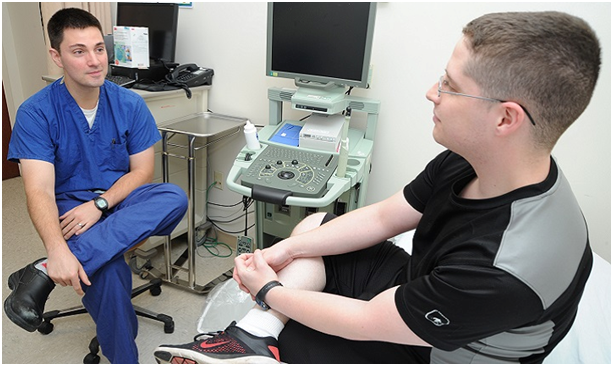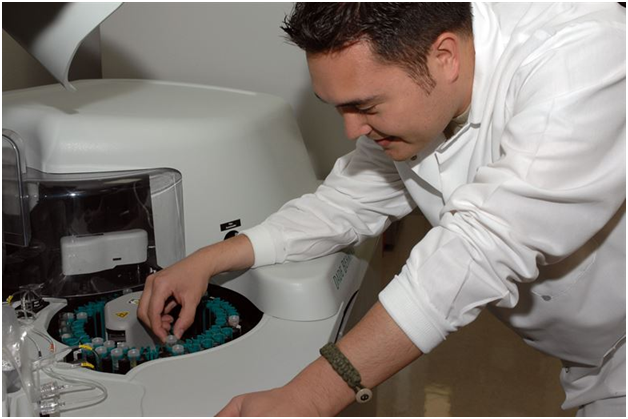There is a concerning picture emerging of under-staffed sexual health services having to turn people away as they try their best to cope with a lack of resources.

A new report from the Royal College of Nursing indicates that the number of people being tested for sexually transmitted infections is falling due to a combination of a lack of training and under-staffed, under-funded facilities.
Staffing Shortages and Skills Gaps
More than 60% of respondents to the RCN’s survey said that the sexual health workforce had been significantly reduced, and more than 57% reported that the number of registered nurses had fallen. Many of the nurses who responded also reported that stress and low morale were causing many to leave the profession entirely.
The reasons behind staffing and skills shortages appear to be a result of reductions in the overall number of posts available and recruitment freezes. Worryingly, 35% of respondents reported that they had not been permitted to recruit nurses with the training and level of skills the service desperately required.

The Impact on Services
Since the government transferred public health services to the control of local authorities five years ago, the Royal College of Nurses has consistently warned that recruitment freezes have prevented nursing staff from delivering important services, including testing for HIV and chlamydia.
Half a million fewer 18-to-24-year-olds are being tested for chlamydia, which is the most common sexually transmitted infection. Syphilis diagnoses have increased by 12%, and the limited access to HIV services are creating concerning health inequalities. Comments from nurses indicate that many remain deeply concerned about the quality of care they felt able provide under such challenging circumstances.
The Future of Sexual Testing
In terms of innovative STI testing Bexley is proving itself to be at the forefront by providing online-based services, an example of which can be seen at https://www.checkurself.org.uk/plus/. Services like this one are easing the strain and providing people with access to the same accurate tests used in NHS clinics in the privacy and convenience of their own home.
It remains crucial, however, for people to have access to information, advice and support from fully funded clinics run by professionals with the appropriate skills and knowledge. In response, the Department of Health has promised to invest £16bn into sexual health services.
